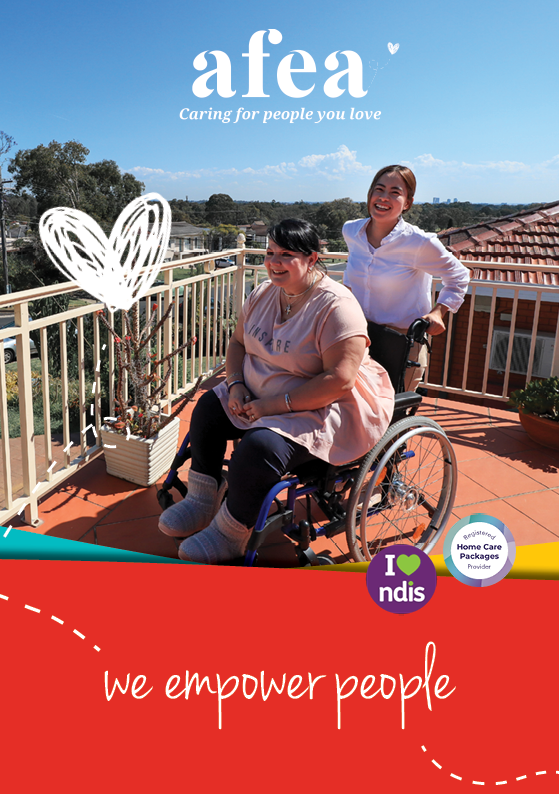Are you familiar with the NDIS cancellation policy? At the start of the 2022-23 financial year, the NDIA amended the definition of short notice cancellation in the Pricing Arrangements and Price Limits.
A cancellation is a short notice cancellation if the participant:
- Does not show up for a scheduled support within a reasonable time, or is not present at the agreed place and within a reasonable time when the provider is travelling to deliver the support; or
- Has given less than seven (7) clear days’ notice for a support
Why is this important? Short notice cancellations allow providers to claim 100% of the agreed fee associated with the service from the participant’s plan.
Simply put, you will still be billed for the service.
Understanding the NDIS Cancellation Policy
“Clear days” means complete days that does not include the day the period begins and the day of the event. So, the seven days does not include the day the participant gives notice and the day the service is to be delivered.
This new definition has been simplified from a two-tier system, previously set at two days’ notice for shorter supports and five days for other supports.
Afea has kept our cancellation policy unchanged where you can continue to provide 24 hours’ notice if you wish to cancel a service. View our Price Guide.
Conditions for short notice cancellation claims
Providers can only claim the fee for the cancelled service if all of the following conditions are met:
- The NDIS Pricing Arrangements and Price Limits indicates that providers can claim for Short Notice Cancellations in respect of that support item; and
- The proposed charges for the activities comply with the NDIS Pricing Arrangements and Price Limits; and
- The provider has the agreement of the participant in advance (that is, the service agreement between the participant and provider should specify that Short Notice Cancellations can be claimed); and
- The provider was not able to find alternative billable work for the relevant worker and are required to pay the worker for the time that would have been spent providing the support.
Avoiding short notice cancellations and disruptions
As a registered NDIS provider, we want to avoid disruptions to participants’ care to ensure they are adequately supported and their NDIS funding is maximised.
However, life happens! Participants may need to cancel due to a variety of reasons, anything from sudden illness to inclement weather. Or they have simply forgotten that they have a service booked and is unable to meet the support worker. (This happens, too.)
If a service is cancelled, we will still need to pay our hardworking Afea Carers. Hence, the need to claim from plan funds if the claim is eligible to be paid due to the NDIS cancellation policy.
To avoid confusion, we make it clear to participants upon onboarding how the policy works, and why its good practice to give providers advance notice if they will be missing a service. Our cancellation policy is also included in our service agreements.
NDIS cancellation policy and duty of care
While there is no hard limit on the number of short notice cancellations (or no shows) for which a provider can claim, we also have a duty of care to our participants.
If a client has an unusual number of cancellations, we are duty-bound to find out why. Perhaps the schedule needs to be changed or the client simply needs a weekly reminder. Or perhaps there is a more serious reason that needs to be further investigated.
In any case, communication – and especially timely communication – is key!
Contact Afea
You will have ongoing support from a dedicated care team and access to compassionate and experienced carers. Contact us now and we’ll develop a care plan designed just for you!















